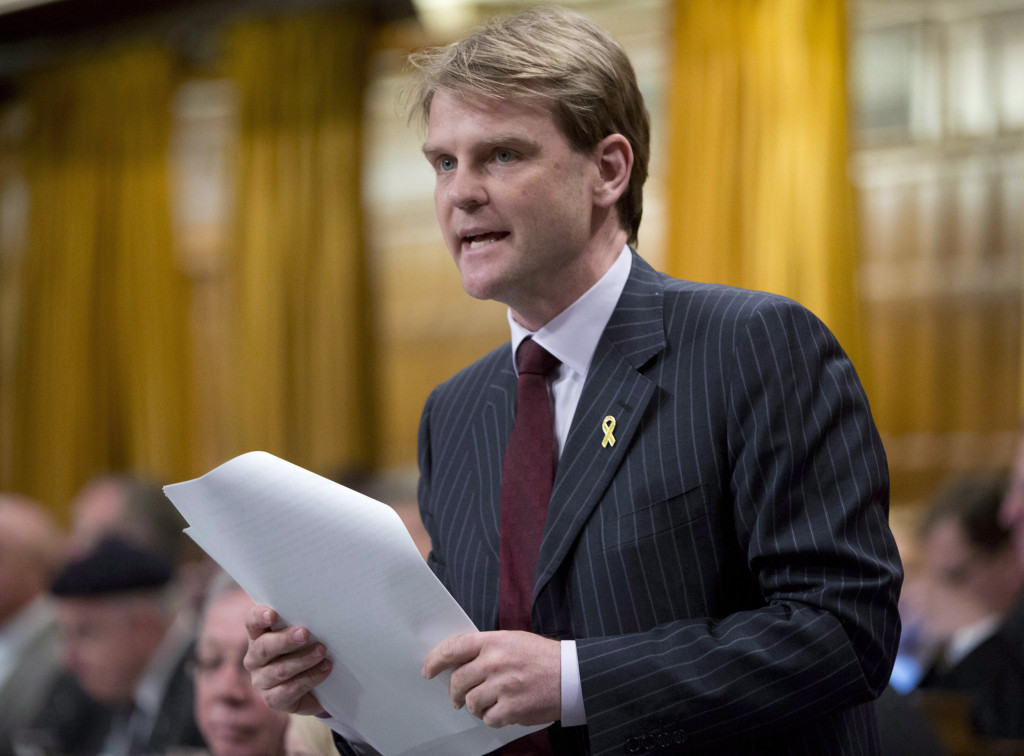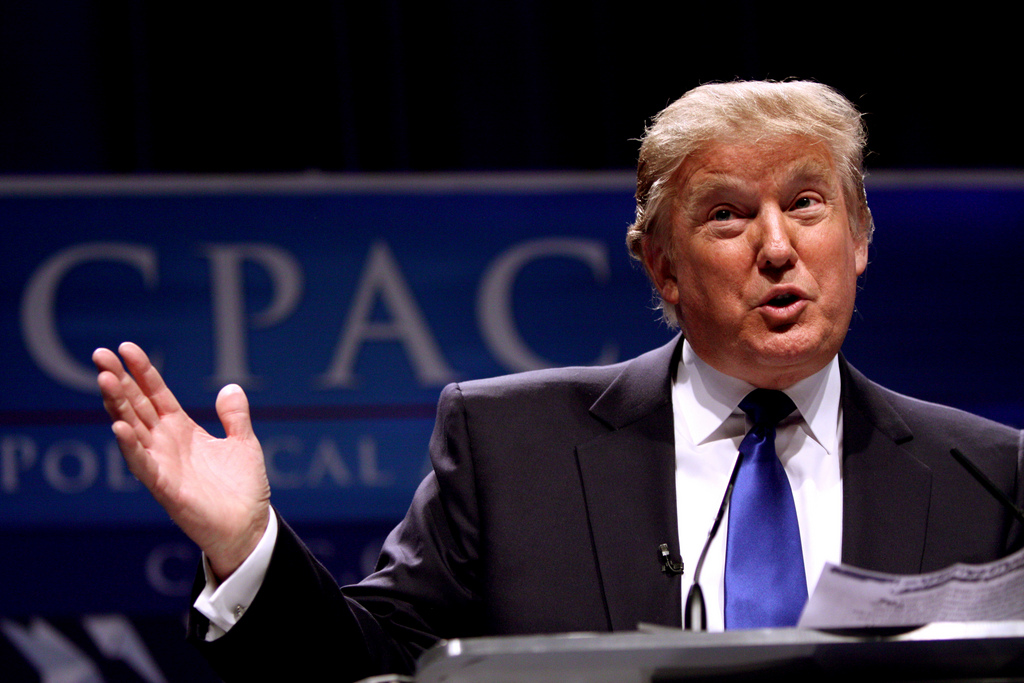Members of Parliament recently debated a motion known as M-103 in the House of Commons, and its controversy speaks to a grander challenge facing liberal societies today. The motion condemns racism and religious discrimination, emphasizing Islamophobia, and urges the government to take note of petition e-411. The petition being noted is important, as it asks the House of Commons to recognize that violent extremists “do not represent the religion of Islam . . . [because they] do not reflect in any way [its] values or teachings.”
Permitting the petition’s first two points is straightforward, because polling data shows us that most Muslims worldwide, and American Muslims in particular, reject the use of violence against civilians as a legitimate strategy. Everyday life in Canada confirms the same view. Recognizing the petition’s third claim, on the other hand, is quite another thing, because it raises the complex question of who qualifies as a “true” Muslim.
The petition represents a well-intentioned desire to protect innocent Muslims, but by denying any connection between extremism and Islam it is guilty of political correctness, and does not advance sufficiently our understanding of the issue. The opposite end of the spectrum is even more problematic. Some of the motion’s critics have preyed on unfounded fears that a formal denunciation of Islamophobia is the first step toward Sharia law in Canada. Both stances are wrong.
Proclamations of Sharia’s creeping influence in Canada are exaggerated, likely because it is not well understood. Islam is a religious tradition comprising the doctrine formed by the Qur’an, in conjunction with the Sunnah and hadith, which are said to document important moments from the Prophet Muhammad’s life. Islamism is a school of thought regarding Islam’s political application, whose adherents believe that society should be structured according to Islamic law, also known as Sharia. Islamists are very rare in North America, and are the minority across the West, because most Muslims in liberal societies recognize the legitimacy of secular government. Furthermore, most Islamists and Salafists reject violence as a means of establishing a caliphate and imposing Sharia. Only Salafi jihadists, like the members of ISIS and al-Qaeda, pose a tangible threat.
Graeme Wood’s article in The Atlantic stirred debate for arguing that extremists claiming to act in the name of Islam do, in fact, represent some of Islam’s teachings. Fanatical propaganda regularly draws passages from the Qur’an and the hadith as purported justification for violence and abuse. It is impossible to say that Islamic extremism has no relation to Islamic doctrine.
People like Sam Harris and Bill Maher, with varying degrees of sophistication, share Wood’s view. Among his opinions on Islam, Harris makes the case that at this point in its ideological evolution, Islam’s fringes are more dangerous than those of other religions. To the extent that radical interpretations of Islam are manifest in groups like ISIS, his assertion seems reasonable on its face. At the same time, though perhaps a lesser menace at present relative to Islamic extremism, one would be remiss to underestimate the threat posed by other religions’ fanatics. Jewish fundamentalists, for example, tried to provoke a holy war in 1984, and Anders Behring Breivik’s atrocity in 2011 was carried out in at least a partial defence of what he called “cultural Christianity.” Even so, studies on terrorism complicate our understanding of the motives at play.
Caner K. Dagli’s rebuttal to Wood’s article counters by observing that if “ISIS is faithfully following Islamic norms of war . . . a thoughtful reader [might] wonder what all the other Muslims are doing.” He reasons that ISIS routinely cherry-picks isolated passages from the hadith – many of which are apocryphal – to support its agenda, and ignores “Islam’s vast and varied intellectual and legal tradition” that has arisen over centuries to interpret the hadith, which often “seem to say contrary things about the same questions.” Indeed, in their concern over the misuse of Islamic scripture, hundreds of Islamic scholars from around the world penned a detailed open letter admonishing the leader of ISIS, Abu Bakr al-Baghdadi.
The key lesson from this exchange is that although Islamic extremism undeniably reflects a radical and exclusivist interpretation of Islamic doctrine, and intellectual honesty demands that we acknowledge as much, that does not indict devout Muslims who reject violence and embrace liberal norms. On the contrary, as Harris demonstrates through his alliance and friendship with former Islamist Maajid Nawaz, liberal-minded Muslims are the most important players in the struggle against Islamic extremism.
Despite his work as a reformer, Nawaz was included on the Southern Poverty Law Center’s list of “Anti-Muslim Extremists,” selected on the basis of his alleged “pernicious brand of extremism and hate [that he espouses] against Muslim communities and the Islamic faith.” It is a biting accusation from a leading US organization that reports on the activities of domestic hate groups. Sam Harris thinks their criticism of Nawaz is misplaced, arguing that those who denounce destructive ideas should not be dismissed as mere bigots, for doing so opens political space in the discourse surrounding Islam that true xenophobes will occupy. For those who perceive immigrants as dangerous invaders, political correctness toward delicate issues like this only engenders conspiratorial thinking, fueling genuine bigotry.
The common phrase that Islam is simply a ‘religion of peace’ does not square with the inconvenient passages found in its scripture. Still, to say that it is an inherently violent ideology ignores the fact that almost all Muslims are peaceful and compassionate people, and also neglects the numerous socio-political factors that contribute to violence. The best analysis, as Maajid Nawaz offers in the video with Sam Harris, is that the violence on display neither has “nothing” to do with Islam, nor “everything” to do with it, but rather has “something” to do with Islam. That “something,” he concludes, is “the connection between belief and action – the connection between one’s interpretation of scripture [and] what one believes they must do.”
Liberal democracies must walk a tightrope of protecting free speech while also condemning actions that can jeopardize someone’s safety, including extreme displays of hate speech. Drawing that line is difficult, and political correctness obscures the conversation. It is preposterous to suggest that motion M-103 somehow heralds theocracy in Canada. It is also unhelpful to endorse petition e-411 in its entirety, as the motion does, because it detracts from the frank discussion that we must be unafraid to have regarding Islam’s relationship with liberal society.
Photo credit: Muslim woman’s headwear (no date available) via Max Pixel. Licensed under Public Domain.
Disclaimer: Any views or opinions expressed in articles are solely those of the authors and do not necessarily represent the views of the NATO Association of Canada.




